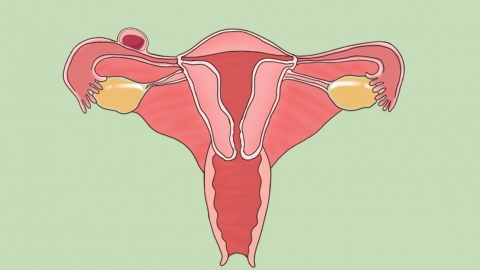What does ectopic pregnancy mean?
Generally, ectopic pregnancy, medically termed as extrauterine pregnancy, refers to an abnormal pregnancy process in which a fertilized egg implants and develops outside the uterine cavity. The detailed explanation is as follows:

Under normal circumstances, the egg is fertilized by sperm within the fallopian tube, forming a fertilized egg. Then, through peristalsis and the movement of cilia in the fallopian tube, the fertilized egg gradually moves toward the uterine cavity, where it implants and develops. However, when certain factors prevent the fertilized egg from reaching the uterine cavity successfully and instead it implants in areas outside the uterine cavity, such as the fallopian tube, ovary, abdominal cavity, or broad ligament, an ectopic pregnancy occurs. Among these, tubal pregnancy is the most common type.
There are many causes of ectopic pregnancy, including common factors such as tubal inflammation, history of tubal surgery, poor tubal development or functional abnormalities, use of assisted reproductive technologies, and contraceptive failure. Ectopic pregnancy is a dangerous gynecological condition. If not diagnosed and treated promptly, as the embryo grows, it may cause rupture and bleeding at the implantation site, which can severely threaten the pregnant woman's life and health.
In daily life, it is important to maintain the health of the reproductive system, pay attention to personal hygiene, especially cleanliness during menstruation and sexual activity, avoid unclean sexual practices, reduce the risk of reproductive system infections, and lower the likelihood of developing conditions such as tubal inflammation.





